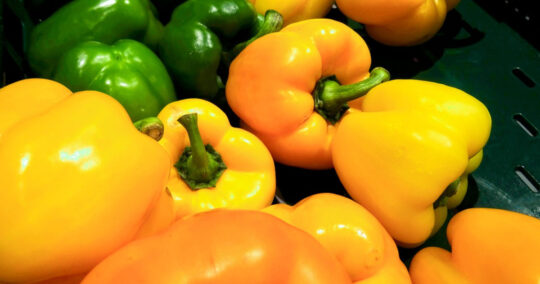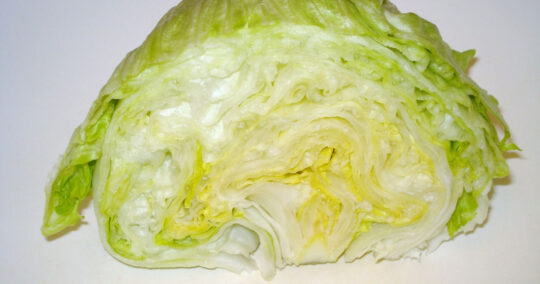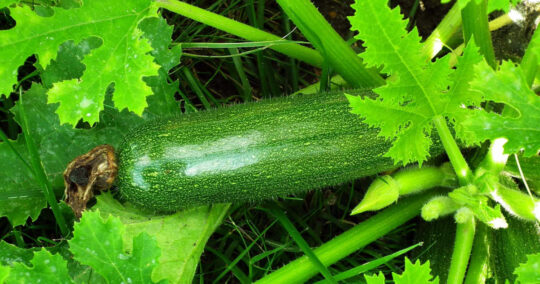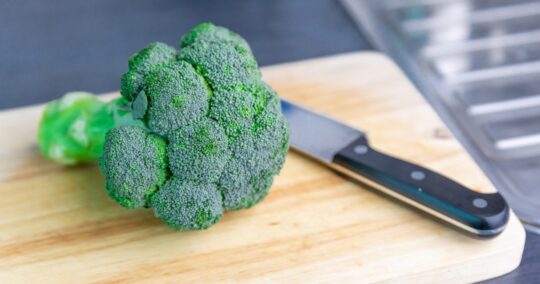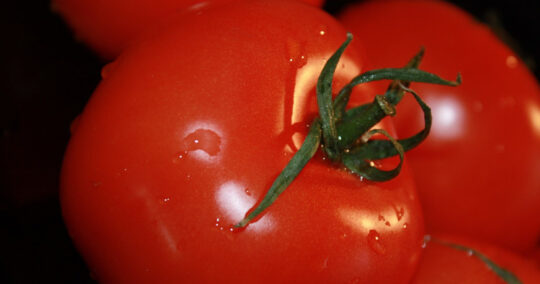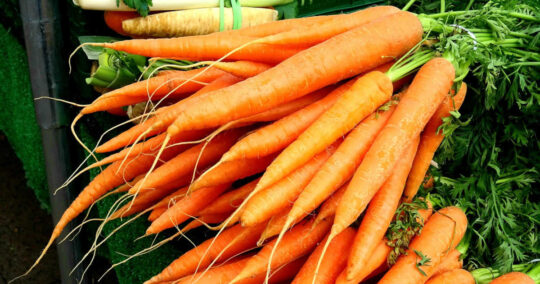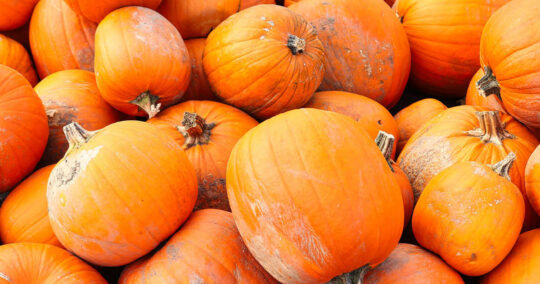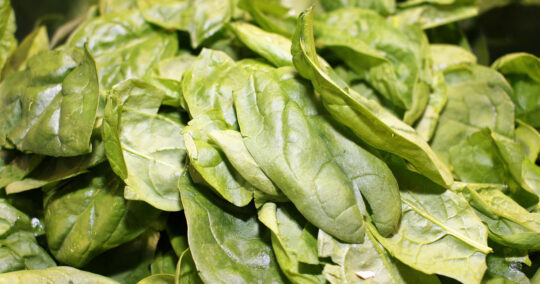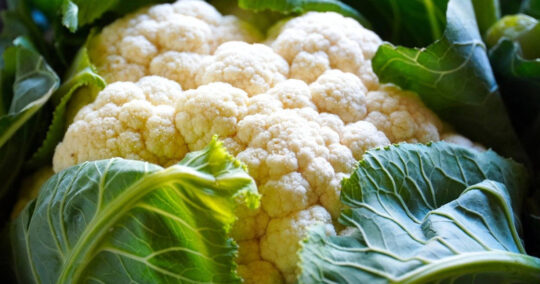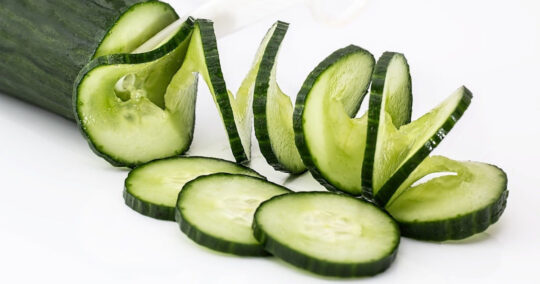Bearded Dragon Vegetables
Looking for Suitable Vegetables For Your Bearded Dragon?
If you’re wondering what to put in your bearded dragons salad then this category is for you.
You may have noticed that different sites and forums offer conflicting advice and suggestions on what are suitable vegetables for bearded dragons to use as staple foods and which should only be given occasionally. The question of what vegetables can bearded dragons eat comes up regularly and there is some controversy surrounding some of the choices.
When I was first starting out I also found this frustrating and I was worried if I was giving my dragon too much of something that could be harmful. Since then I have learnt that if you offer your bearded dragon a varied diet of vegetation ratio 80/90 : 20/10 of vegetation to fruit (if you want to give fruit) they should thrive. We go into more detail about these ratios in our article titled How Much Should I Feed My Bearded Dragon And When?
When considering what vegetables can a bearded dragon eat, we include leafy greens, vegetables and flowers. The main bulk of the 80/90% should be made up from darker leafy greens and vegetation. Fruit should be given sparingly, really only as a treat and never exceed 1 to 5% ratio of fruit to vegetables. We go into which fruits to give or avoid in our Fruit For Bearded Dragons
A good rule of thumb is the darker the leaf the more nutrients and calcium it is likely to contain e.g collard greens, escarole and turnip greens.
Some Food Warnings
Be cautious of foods containing high levels of Goitrogens, Oxalates and Phosphates.
Goitrogens
Goitrogens are substances that disrupt the production of thyroid hormones and excessive amounts can lead to hyperthyroidism. This disruption occurs because goitrogenic foods interfere with the iodine uptake in the thyroid gland. When insufficient iodine is available, the thyroid cannot produce the thyroid hormones properly. The hypothalamus in the brain senses this and produces different hormones to trigger the thyroid to produce more thyroid hormones.
If the thyroid cannot keep up with the demand it grows larger and forms a ‘goitre’ or an enlarged thyroid. You’ll see this in the neck of your bearded dragon if it’s happening. Unfortunately there appears to be little research into the amount of goitrogenic substances in foods even though there’s research to suggest that goitrogens are problem. With this in mind, the foods listed as ‘high in goitrogens’ are rather anecdotal rather than scientifically verifiable in my research. If someone can point me to actual data that would be fabulous :-)
Phosphates And Oxalates
Phosphates and Oxalates are agents that binds to calcium and disrupt the effectiveness of calcium absorption into the body. A diet that is high in phosphates and/or oxalates can cause health issues for a bearded dragon including MBD. A diet that is high in calcium and low in oxalates/phosphates will help prevent MBD. Be aware that correct UVB lighting is essential for calcium absorption too. It’s not just a case of feeding high calcium content vegetables. MBD is a devastating disease which leads to deformed bones, paralysis and eventually seizures and death.
High levels of oxalates can also cause kidney issues.
But with that said, this category is for all our posts where you’re asking whether a particular vegetable is safe for your bearded dragon. In these posts we include tips on the best ways to serve those vegetables, how often they can have them (if they can) and include the scientifically evidenced nutritional data for each one so you can make your own choices on the best vegetables for your bearded dragon.

